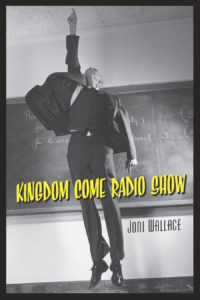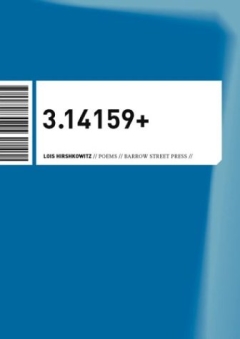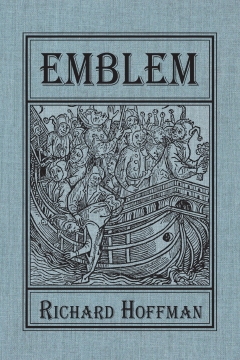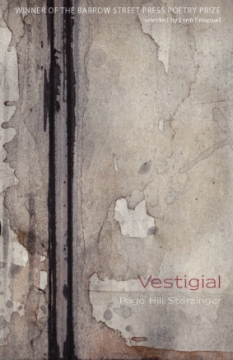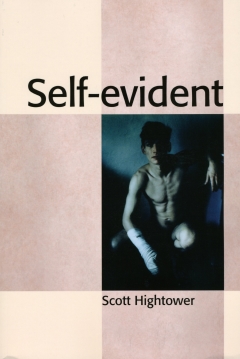Description
We know much of what happens when we break atoms apart. Yet how much of that human history can the human voice carry? Even the flesh is an agglomerate of unstable atoms, leaking secrets.This book and its sound pieces show us how the poem, itself rattled by atomic shifts, can carry our shadows. What’s left, our earthly remnants, is bathed in the light of song,like a deer leaping through in its precise talent, bones made radiant.
—Eleni Sikélianòs
Kingdom Come Radio Show is a documentary poetics that reads like a gorgeous, shattering symphony. Here the movements of history and the natural world mingle with the strains of personal memoir to create a work of profound music and sensibility. From the terrible imagination of Oppenheimer to the ephemera of mouse tracks, deer antlers, and the “violinings of crickets,” Joni Wallace has assembled an astonishing elegy for our beautiful, doomed Earth.
—Karen Brennan
Skeleton grottoes, body sorrows, Hank Williams’ cries, a nightjar’s singsongs: how tangible the loneliness-es in these poems. In such poems, animals keep their distance. The fenced-off ghosts of atomic-bomb tests are the inscrutable blank spaces on western maps, whose moans haunt the redacted lines of history. Terror and wonder are fleetingly captured in the yellowed documents, hand-held films, radio plays, and chance photographs that make up the post-nuclear world of Joni Wallace’s book, which also portends the future—planes become drones, guard towers become cell towers, and the mushroom cloud becomes only the cloud. Wallace is a risk-taking poet who invents new words for old realities, and recovers old words for new realities. We see the terrain in a newly startling light.
—Richard Greenfield
“Outside us, moves we can’t make/Herd scatter in staggered rays.” Tweet
“When the canna, red and waxy, grew up/through the contamination zone, some said/ears of erased things.” Tweet
Mesas and Particles
Some nights inside the caterwaul of coyotes
the telephone rings, very late or very early.
My father walks out into darkness.
My mother still sleeping
and I am.
He drives along the road, surreal
in the animal-hours, turns,
drives past a gun tower, past a guard station,
up a hill, another turn and another hill and then
far out across a mesa to a concrete building
where one mile of nothing whispers by.
My father works the machine that makes the mile go past,
invisible flowering.
Some mornings I dream the machine itself is invisible.
There is my father fixing the invisible machine.
He can see through it and I can see
through the thought of it into the azure wave
of morning, wave the color of an iris inside an iris.
Look, he says, no hands.
Traces of Lake, a Herd (for J)
When I say the lake reflects below
and for you, I mean ungulate shed
on the lakeshore. I mean chorus,
the way a jinx of trees makes the lake-body,
elk as phrase.
Are they thirsty in the next world?
Are they gazing up?
Inside the whir, soft rush of planets,
wheels of snow turn all around them.
Fancy legs, fancy feet.
Lacuna where a buck exhales
the translucent structure of antlers.
Elk-thought weighting
an iridescent belt of cold.
There are clothes we fill and then
the shed-pile knits a somber tower.
Let down your hair, you say, and I do.
Gesture for cascade, a waterfall, the rush
into dissolve, a pool of lake.
If I say your plane lands, it lands,
spingle-spangle on the runway.
You’re here, late, in the kitchen.
Your shoulders, your midnight arms.
Outside us, moves we can’t make.
Herds scatter in staggered rays.
No perceivable end.
